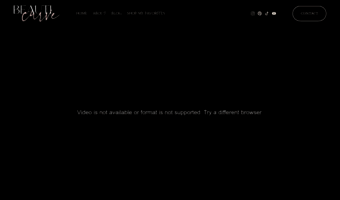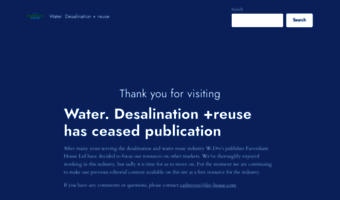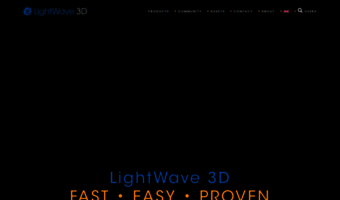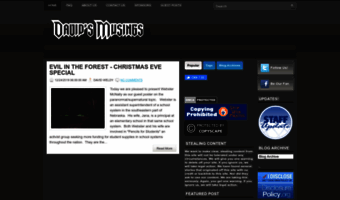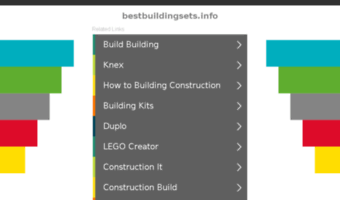 We have been developing Feedreader for 8 years. Most of these years RSS was only about periodical fetching of articles and displaying results when you wanted to read the latest updates. There were a few portals and blogs. This means that we could easily take one hour in the middle of the day and get up to date with latest news and happenings. This is equally true about personal interests (latest gadgets, gossip, ...) and also about company interests (what are your competitors doing).
We have been developing Feedreader for 8 years. Most of these years RSS was only about periodical fetching of articles and displaying results when you wanted to read the latest updates. There were a few portals and blogs. This means that we could easily take one hour in the middle of the day and get up to date with latest news and happenings. This is equally true about personal interests (latest gadgets, gossip, ...) and also about company interests (what are your competitors doing).
All this has changed now. There’s so much information to consume and work through. It’s not easy to read through 100 feeds and track your competitors steps. What is the solution?
Fortunately there are some good tools and technologies available that help you to walk through the information that constantly keeps coming in. Feedreader was first RSS reader that introduced Smartfeeds. There’s been quite a lot of talk and also working products that offer „attention data“ functionality. Basically applications track your habits (what feeds you read more and what are tags that you are interested in and so on). By using „attention data“ one can achieve quite good filtered information flow that hopefully contains all the articles that you could be interested in.
But what if you need more than that. You need to track all your competitors and all competitor brands/products and also what’s happening with them or how much coverage they get in press/blogs . In this case „attention data“ does not help you much because it’s not meant for this kind of usage.
How intelligence is gathered is of course completely up to the user. One can do with filling in competitors names and receiving compiled news flow according to specified filter. Others want to know about press coverage of company compared with competitors grouped by months. All this means that there are quite a lot of possibilities and levels for information extraction from news feeds.
But one thing is clear. You need high quality database from where to extract all the needed information. And it’s clear that plain article database is just not enough for advanced analysis tasks. What you need for that is Indexed Article Data.
In simplest case (and technically speaking) Indexed Article Data is a database where articles are taken to pieces (words) and made available for fast searching. For example searching for phrase in standard article database in case of 1 million articles takes 71 seconds. So if you have 10 competitors it takes over 10 minutes to get the results. In case of Indexed Article Database it takes 1 second.
But it’s not only about the speed. Without Indexed Article Data it’s impossible to get meta data reports from articles. When it comes to ideas what to extract from database and how to display it then sky is the limit. Below are some general ideas that can be easily accomplished using Indexed Article Data:
- Show me the persons/products/companies that are featured in given blog
- Show me the blogs/portals that are talking about our products this week
- Show me other topics that are being talked about in the blog that also featured our product
- Show me the media coverage report (how many times per day/week/month something is featured in media) of our company compared with competitors
- Show me who have been featured together in media this month.
How to produce Indexed Article Data? We have tools for that. Feedreader Connect Server is an unique application that marries feeds with intelligence extraction. Subscribe to number of feeds, define your interests and let the application do his work.
Feedreader Connect Server includes Feedreader Connect Indexer add on . Then started it creates Indexed Article Data from all your articles in database. Let it continuously run and you always have up to date Data that can be used for information extraction. Best way to evaluate the product is to download Feedreader Connect Server Free version. If additional help and knowledge is needed, just let us know.

